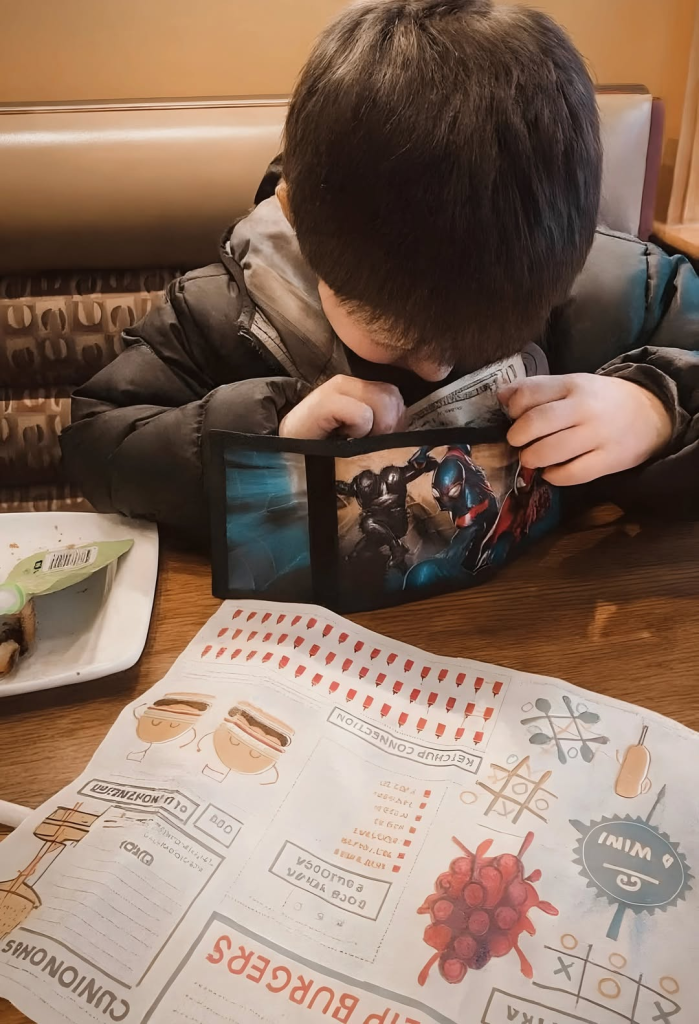Once a Month, My 6-Year-Old Son Takes Me Out to Dinner — and He Treats Me Like a Royal Guest
Every month, without fail, my six-year-old son takes me out to dinner. It’s become our sacred ritual — one small evening when the world quiets down, screens are put away (except for one photo), and it’s just the two of us.
On this night, he does things that surprise me: he opens the car door for me, helps me into my seat, reaches to pull out the chair, and waits patiently as I settle in. He asks me how my day was — and actually listens. He tells me about his day. Then he takes out the money he’s earned by doing chores around the house, counts it carefully, and offers to pay the bill (even leaving a tip).
It might sound like a fairy tale — but I promise you, it’s real

The Origins of Our Dinner Date
I started this monthly tradition not because I thought my son needed it, but because I needed it. As a mother who has survived mistreatment and abuse, I understood early on the value of respect — how it feels both to give it and to receive it. More than just protecting him, I wanted to shape him. I wanted him to grow into a man who inherently knows how to treat women, how to treat people with dignity.
So when he was born, I didn’t hope he’d learn manners from someone else. I decided that I would teach them — and I’d do so by example and ritual.
The first time I proposed a dinner date, he looked at me puzzled. He was little, and the idea of “us going out” was new. But I explained to him that this was our time, our moment. We’d talk. We’d laugh. We’d get to know each other more. And something amazing happened: he was excited.
What Happens During Our Date
We dismiss the phones, the tablets, the distractions. Our table becomes a sanctuary.
- I ask him about his school, his classmates, his favorite things. He offers stories — sometimes silly, sometimes serious.
- He asks me about my day. He waits for my answer.
- When the check comes, he reaches into his small wallet. He counts his earnings — maybe from folding laundry, doing dishes, putting away groceries. He carefully divides what we want to order and figures out a tip (I guide him, showing him how math works in everyday life).
- He hands over the money. He watches as the waiter picks it up. He waits for the change.
- I sometimes watch him in the reflection of a window or in the mirror behind him, taken aback by how poised and proud he becomes in those moments.